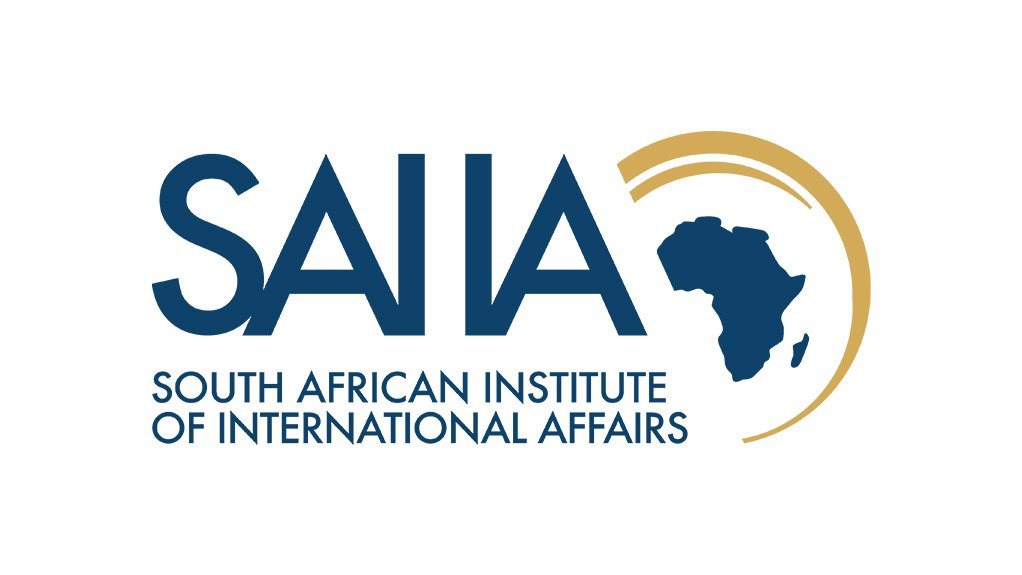Amid the evolving global economic landscape, the Brics nations have emerged as proponents of economic multilateralism, challenging traditional paradigms of economic governance and integration.
In an era marked by significant shifts in global economic governance, the emergence of the Brics bloc (Brazil, Russia, India, China and South Africa) represents a significant pivot towards multilateralism, offering a fresh perspective on economic integration and cooperation among emerging economies. Amid discussions on global financial reforms, the concept of an optimum currency area (OCA) within the Brics bloc emerges as a compelling proposition, promising to redefine economic interdependence and enhance financial stability within this dynamic collective. This group of nations, by virtue of their rapid economic growth and increasing geopolitical influence, presents a unique case for exploring the prospects and challenges of enhanced economic integration, including the ambitious prospect of forming an OCA. Given the complex interplay of economic policies, structural diversities and geopolitical considerations, analysis of the challenges and prospects of such integration calls for a comprehensive literature review.
The motivation behind this inquiry stems from the pressing need for a global financial architecture that better accommodates the interests and needs of developing countries, especially those of the Global South. The current global financial architecture, dominated by the US dollar, poses limitations, especially in addressing the challenges faced by emerging and developing economies. Many of these countries grapple with the challenges of fulfilling debt obligations while some are at considerable risk of defaulting on their loans. According to the United Nations Conference on Trade and Development (UNCTAD), in 2021 global debt reached an all-time high of $303-trillion, representing a 10% increase over 2020. The UNCTAD report also highlighted the fact that 60% of low-income countries were facing the imminent threat of debt distress. One must note that the global economic landscape in 2020 was significantly impacted by the Covid-19 pandemic, resulting in an overall reduction in economic growth rates worldwide.
The international monetary system thus faces multiple challenges, including the increasing burden of debt, the recurrence of financial crises and the sluggish pace of reform. In addition, the dominance of the US dollar in international transactions and its implications for global debt dynamics, trade imbalances and financial stability underscore the relevance of exploring alternative models of economic cooperation and integration. These challenges have led to a renewed interest in currency unions to promote economic integration and stability in the global financial landscape.
This article, therefore, delves into the discourse surrounding the Brics’ potential to contribute to a more equitable and efficient global financial system, through the lens of optimum currency area theory. By synthesising findings from a broad range of research, the article aims to explore the prospects and challenges of the Brics’ economic integration, providing a comprehensive literature review of the current state of such integration. The aim was not to conduct new empirical analysis but to synthesise and evaluate the current academic discourse, identifying key themes, insights and gaps in the literature. The article will focus on providing the international context for Brics integration, including an overview of current initiatives and a review of the OCA theoretical framework, followed by empirical insights from OCA studies. Then the article moves to a discussion of findings, providing the key prospects and challenges of Brics economic integration followed by a conclusion and a set of recommendations.
Written by Marida N Nach, post-doctoral researcher at Nelson Mandela University & Ronney Ncwadi Professor of Economics and Director of the School of Economics, Tourism and Development Studies at Nelson Mandela University
This article, which appears Open Access in the South African Journal of International Affairs (Volume 31.2), will be followed in 2025 with a special issue entitled ‘The Brics expanded: Shaped by – or shaping – the global order?’.
The views expressed in this publication/article are those of the author/s and do not necessarily reflect the views of the South African Institute of International Affairs (SAIIA)
EMAIL THIS ARTICLE SAVE THIS ARTICLE ARTICLE ENQUIRY FEEDBACK
To subscribe email subscriptions@creamermedia.co.za or click here
To advertise email advertising@creamermedia.co.za or click here











